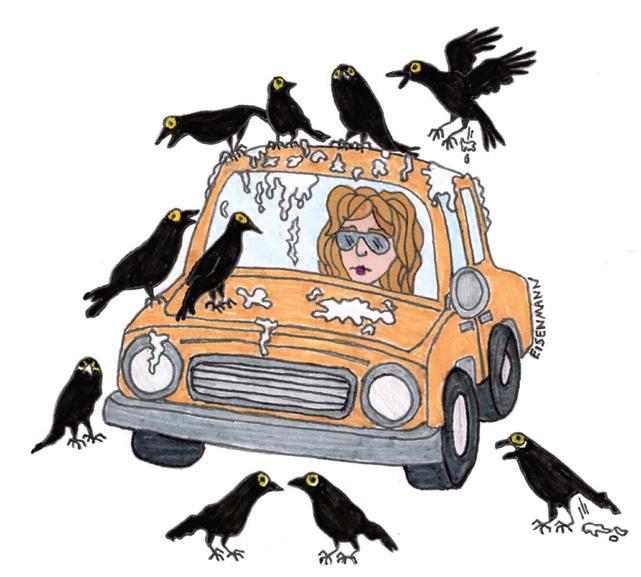Finding A
CURE Diabetes Awareness Month by Brooke Ezzo | photo courtesy of Kathy Duke
N
ovember is Diabetes Awareness Month, a time when the diabetic community can come together to show the world what this epidemic is really like. Diabetes is a chronic disease that occurs either when the pancreas does not produce enough insulin or when the body cannot effectively use the insulin it produces. There are several types of diabetes, most commonly we hear of Type 1 and Type 2. Type 1 diabetes is thought to be caused by an autoimmune reaction that stops your body from making insulin. With Type 2 diabetes, your body doesn’t use insulin well, resulting in abnormal blood sugar levels.
Genes definitely play a role in Type 1, but researchers believe it is a mix of nature and nurture; your environment, the foods you eat, and daily routines. People 42 | LANTANA LIVING | NOVEMBER 2020
carbs. For instance, if I eat a plate of
spaghetti, I count the carbs and take the
insulin I need for those carbs. That is what will break down the sugar in those carbs.” Insulin is the difference between life or death for people living with diabetes,
yet insulin prices are still skyrocketing. Because of this, Kathy hopes that with
more awareness, more research will be done to find a cure.
“With two diabetics, I have to spend
thousands of dollars on diabetic supplies in some months,” Kathy said.
“THERE ARE STORIES OUT THERE ABOUT PEOPLE WHO CAN’T AFFORD INSULIN, AND THEY ARE RATIONING THEIR SUPPLIES. IT’S NOT LIKE AN ANTIBIOTIC YOU GET WHEN YOU NEED IT. IT’S NOT EVEN A CURE, BUT INSULIN IS THE ONLY WAY WE SURVIVE.” The research community is making
headway in beta cell replacement and regeneration – understanding why the
body turns on itself destroying the cells
that create insulin, immune therapy, and
Test strips, finger pricks, glucose monitors, midnight blood sugar checks, and thousands of dollars worth of insulin are just glimpses into a day in the life of a diabetic. This is something Flower Mound resident Kathy Duke and her son, Danny, know all too well. “I was sick for a couple of years and didn’t realize it,” Kathy said. “I was diagnosed at 21 with Type 1 diabetes, and my son was diagnosed at 14 months old.”
working, so we take insulin and count
the development of an artificial pancreas. “What a diabetic would specifically
want are things that would make our life easier. Every day you have to have your insulin and your supplies,” Kathy said.
“You can’t just run out the door with your cell phone and nothing else. You are living with diabetes are encouraged to live healthy lifestyles: maintain healthy weights, stay active, and manage blood sugar levels with food. “You have to check your levels every day, at least five to 10 times a day,” Kathy said. “With Type 1, the pancreas stops
always planning ahead.”
Kathy added, “For me it’s about
awareness. Insulin is not a cure, and we need to find a cure.”
For more information on diabetes
research and ways to get involved, visit
www.jdrf.org and www.diabetes.org. www.LantanaLiving.com

















